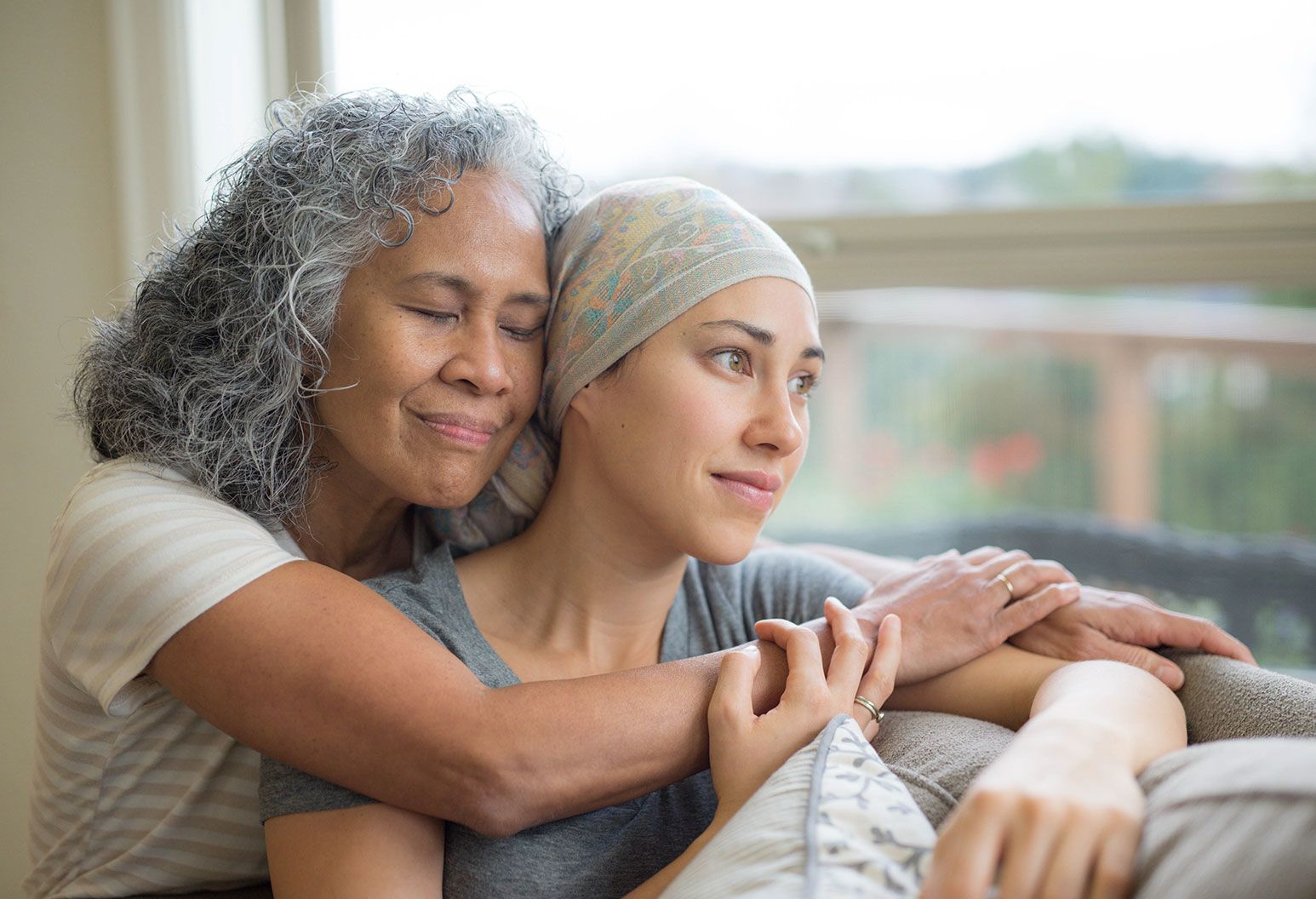Expert insights
The emotional impact of breast cancer and reconstruction

A diagnosis of breast cancer can bring on a host of emotions that might include shock, fear, confusion, and sadness. When a woman gets her initial diagnosis there’s a tendency to go into survival mode because she just wants to be cancer-free.
After a mastectomy, many breast cancer patients find that undergoing breast reconstruction is part of the recovery process and will help them to feel whole again. It can make them feel better about how they look and restores self-confidence. As survivors learn to feel more comfortable with their new figures breasts and readjust to normal life, having a support system becomes essential. Beyond the physical recuperation following reconstruction, many also experience an emotional recovery period, which can include the mourning of and emotional adjustment to losing their natural breasts. Feeling anxious or depressed during this time is very common.
The key to navigating through these psychological impacts is fostering a passionate support network that will serve as a foundation of encouragement and guidance as patients regain confidence, reconnect with partners and transition back to “normal” life.
The feeling of isolation is normal
A common sentiment after patients have fully recovered from their breast reconstruction procedures is the feeling of isolation. Some women feel disconnected from family and friends who think now that surgery and treatment are over, you will be back to normal now, even though this may not be true.
After months or years of treatment, constant appointments with nurses and doctors, sitting with other patients during chemo treatments and more, the frequency of these interactions slowly lessen, until patients only see their physicians a few times per year. As this happens, many women begin to feel as though they are losing their safety net of support.
It is important to address this head on by tackling the underlying fears causing these feelings of isolation. Often, it stems from the fear of cancer recurring. Some patients feel that they are now on their own to handle any issues that arise in the future and that they do not have the systems in place to see their doctor often – and to catch any cancer recurrence early. It’s important to remember that the end of treatment does not mean the end of care or that you will no longer be screened if needed. Talking to your doctor about the appropriate schedule of continued check-ups will help you feel more empowered and in control. It is important that patients understand that their doctors and support team are still there for them.
During this period, your doctor can also provide you with recommendations for support networks and resources to make this transition easier. The need for emotional support is often even more essential after treatment is over, when the systems naturally in place through patient care diminish. It is extremely helpful to voice how you feel, as well as concerns for the future, within the safe space of a survivors group.
Reconnecting with your partner
Life post-cancer and after breast reconstruction may leave women feeling vulnerable and lonely. Some may also find it difficult to re-connect with partners. These women often do not feel that their partners truly understand what they’ve gone through or how they feel about themselves now. This can be especially challenging when it comes to establishing intimacy again, as women work to accept their new figure or feel frustration that their bodies are still recovering from months, or years, of treatment.
Patients may feel differently about themselves as they learn to adjust to and accept their new bodies and perhaps experience side effects from cancer treatment. There may be reduced interest in intimacy that can discourage women from engaging with their partners in the ways they might have before cancer and before breast reconstruction. Additionally, partners may be just as hesitant to approach intimacy, in an attempt to be sensitive to the patient’s needs.
The best way to address these issues is to communicate openly and honestly about feelings, expectations and readiness to reconnect. In addition to communicating with your partner, it can be helpful to discuss these feelings with your larger support network to gain added insight and comfort from those who have also stepped back into intimacy post-reconstruction.
Accepting your new breasts is the first step
The biggest emotional hurdle for many women post-reconstruction is adjusting to and accepting your new breasts. From size, shape and scars to reduced feeling in the breast, many women spend a significant amount of time during and after recovery mourning their old figure and learning to love their new one.
It can take years for scars and tissue to heal, as well as for normal feeling to return. In most cases, feeling will never be restored to its original level. The majority of the scarring will fade and improve over time, but some scars may never go away. Discussing these experiences with women who have already gone through reconstruction can help you cope with the emotional toll the process can take. Some women find that a survivor network in itself does not provide enough support. In this case, your doctor can refer you to a mental health professional who can provide additional guidance throughout the process.
Find your network
The first step if you are interested in finding a network to support you post-reconstruction is talking to your doctor or a breast cancer organization who can refer you to a support system that works for you and your needs.
Northwell Health has a structure in place to connect patients to other survivors who have been through the process. This provides an outlet to discuss all of the physical and emotional impacts of breast cancer, reconstruction and recovery, without fear of judgement. Patients going through the transition back to their regular routine can address these challenges head on, ensuring they feel supported, connected and understood.
